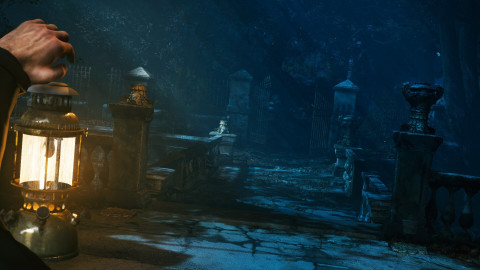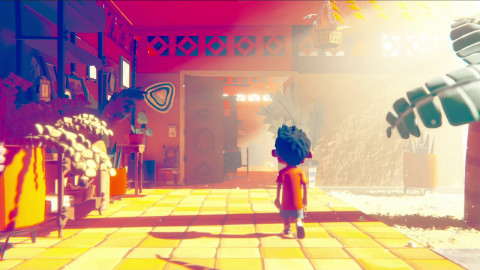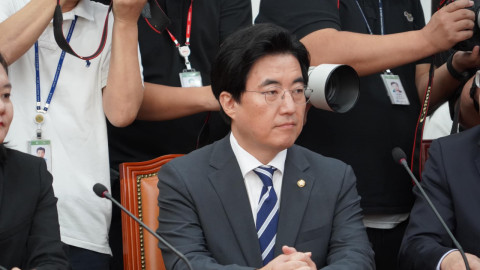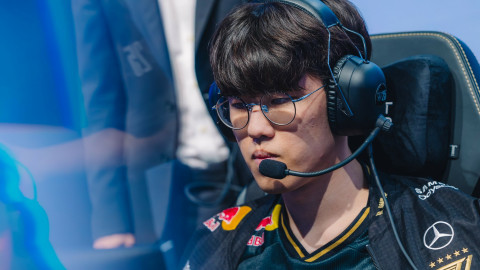
The International Olympic Committee (IOC) has made headlines by announcing the creation of the Olympic Esports Games, a significant move that could reshape the landscape of both traditional sports and competitive gaming. The announcement, which was voted on during the 142nd IOC Session at the Paris 2024 Olympic Games, has sparked a range of reactions from the esports community. Among those voices is Chris Hopper, former Riot Games executive and current COO of global gaming firm Loaded, who shared his insights on this bold new direction for esports.
Optimism and Opportunity
Hopper expressed a cautiously optimistic outlook regarding the IOC's foray into esports. "I think anytime there's a chance to put esports and, more broadly, video gaming in the right kind of light in an authentic and organic way, and showcase players of the caliber of Olympians — that's an awesome thing," Hopper said. He emphasized that highlighting the skill and mastery of top-tier gamers could provide much-needed visibility for communities that often feel sidelined by mainstream media.

The potential commercial implications of this initiative are not lost on Hopper either. He believes that if executed properly, the Olympic Esports Games could bring significant benefits to the gaming industry. However, he also acknowledges the challenges that lie ahead, noting that the endeavor could "be more of a neutral than a positive" depending on how various factors are managed.
The announcement makes sense, as Hopper sees it, given the history of new competitive disciplines added to the Olympic Games. "I view this as being very much in the ethos of the Olympics—trying to provide an opportunity for the greatest competitors to play together on the same stage and provide visibility for that," Hopper explained. He pointed out that the IOC has historically adapted to changing times, as seen in the inclusion of sports like skateboarding and surfing, and he views esports as the next logical step in this evolution.
Challenges and Considerations
Hopper's experience in league operations provides him with a unique perspective on the logistical hurdles that the IOC will face. "You're going to run into challenges in everything from scheduling to location to qualifier circuits to which games are chosen to be included," he noted. The complex ecosystem of esports, with its diverse range of games and competitive formats, poses a unique set of challenges that are not present in traditional sports. Unlike basketball or soccer, where the rules and equipment are standardized, esports requires close collaboration with game developers to ensure that competitions are run smoothly and fairly — something the IOC will not have as much experience with compared with almost all other competitions.
One of the most critical decisions the IOC will need to make is the selection of titles for the Olympic Esports Games. Hopper emphasized the importance of choosing games that resonate with the esports community. "The titles that were chosen weren't really emblematic of what fans of competitive video games view as the appropriate titles," Hopper remarked, referencing the 2023 Olympic Esports Week in Singapore. He advocates for the inclusion of popular esports titles like League of Legends and Dota 2, which have established global followings and offer a higher level of competition.
Long-Term Impact on Esports
While the immediate financial impact of the Olympic Esports Games is still uncertain, Hopper sees a more significant long-term benefit in the potential development of infrastructure for esports. "The Olympics affords a long view," he explained. "My hope is that with a new focus on long-term competition, some of these national Olympic organizing committees will start to help develop the infrastructure that hasn't natively grown in most major esports."

Hopper envisions a future where national esports programs could mirror the developmental systems in traditional sports, providing structured training and support for up-and-coming players. This could lead to a more professional and sustainable esports ecosystem, ultimately benefiting both the players and the industry as a whole.
Conclusion
As the IOC prepares for the Olympic Esports Games, the esports community watches with bated breath. While challenges remain, the potential for positive change is undeniable. For Chris Hopper and others in the industry, this moment represents a crucial opportunity to elevate esports to a new level of global recognition. Whether the Olympic Esports Games will succeed in bridging the gap between traditional sports and digital competition remains to be seen, but the conversation it has sparked is a significant step forward in itself.
-

I write. I rap. I run. That’s pretty much it.
Sort by:
Comments :0





